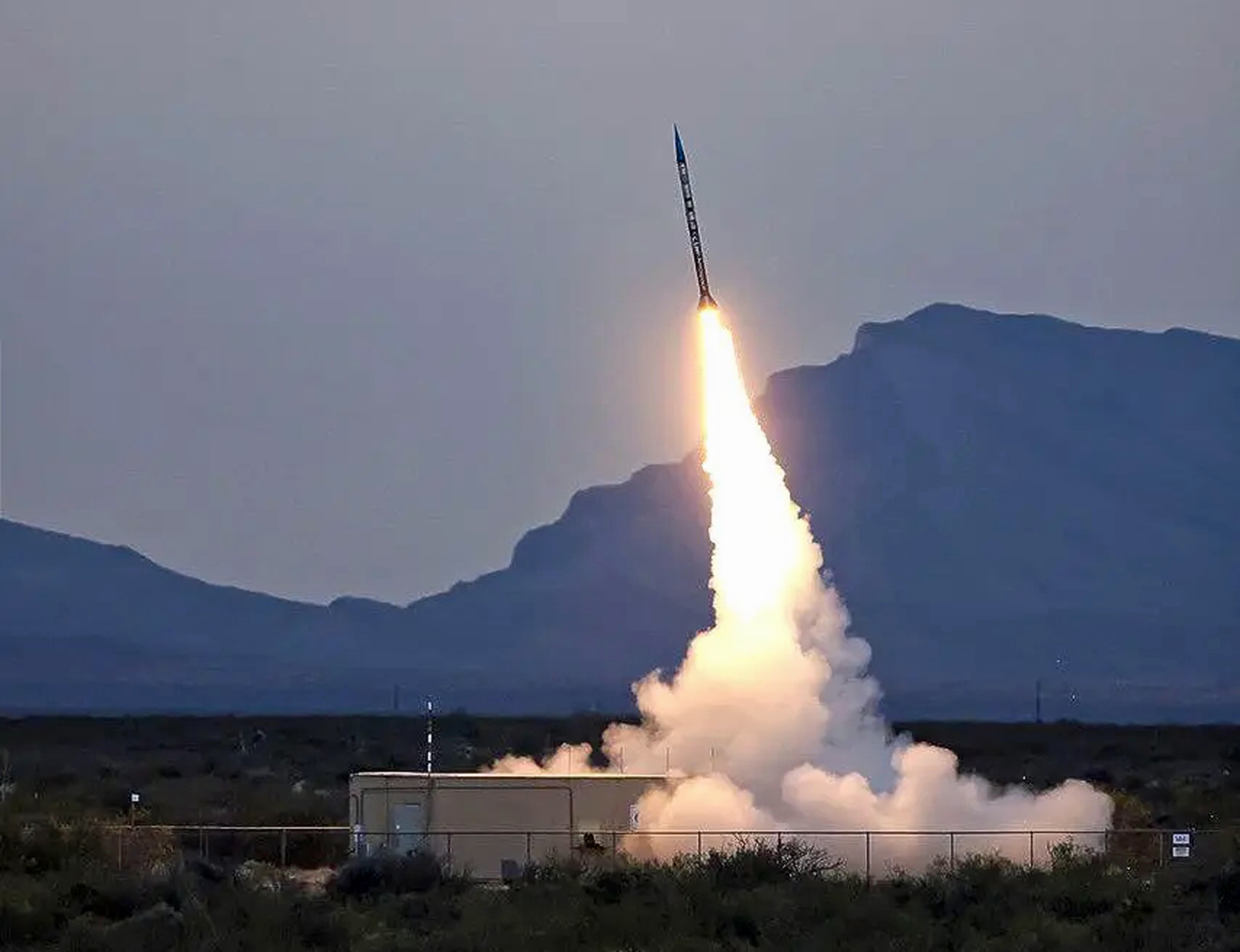The data says spaceport is ‘successful at this point’
Armed with data that says Spaceport America is boosting New Mexico’s economy, supporters say the debate about whether to continue funding the project should be over. But even the new economic impact study, which shows the spaceport bringing in tens of millions of tax dollars for government and creating hundreds of millions of dollars in economic activity per year, appears unlikely to satisfy the spaceport’s biggest critics.







